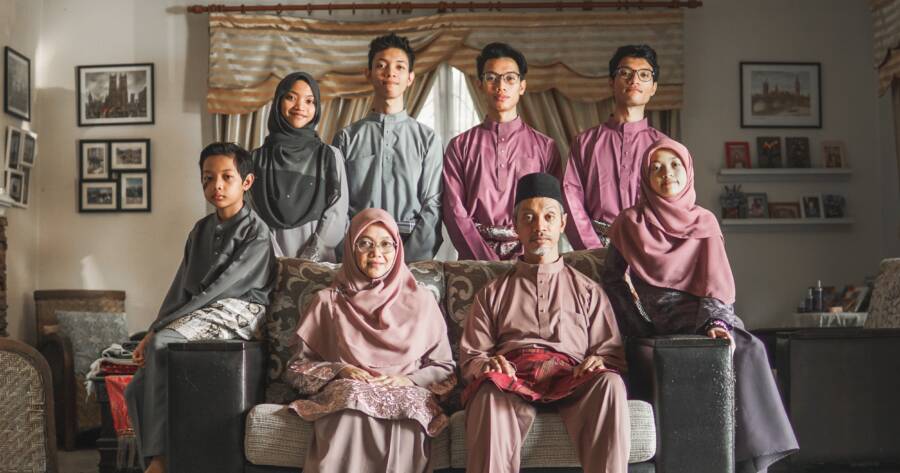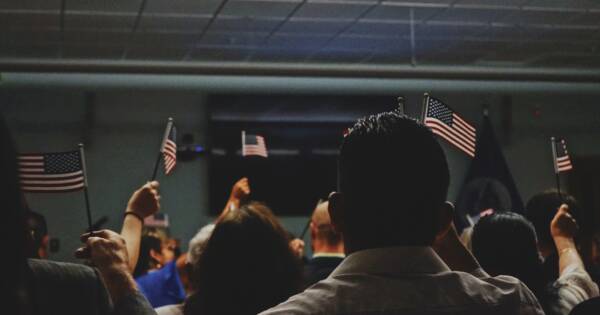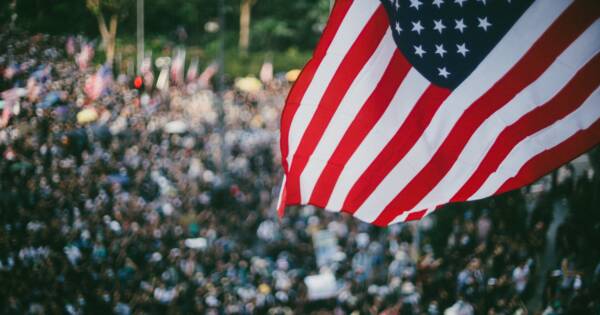Determining eligibility for a green card can be complex. Discover eligible categories and which one might be the best fit for individuals or their families.
For many people, obtaining a green card is an important milestone. It could be their first step on the road to working in the United States, joining a spouse or some other family member, escaping oppression or beginning the process of becoming a naturalized American citizen.
Determining Eligibility
First, an individual needs to determine if they are eligible to apply for a green card. Probably the best-known way to obtain a green card, thanks to television and popular movies, is through marriage. Marrying an American citizen also reduces the number of years needed before you can become a naturalized American citizen. The U.S. government, however, is very diligent in terms of ensuring that all marriages between U.S. citizens and foreign nationals are legitimate.
Other ways you can obtain a green card vary depending upon the category in which you fit.
Immediate Relatives
These individuals qualify more easily than other categories when applying for green cards. They include spouses (as noted above), children under the age of 21 who have at least one American parent, parents of American citizens provided that the citizen is at least 21 years old and adopted children of permanent residents or American citizens.
Additional Family Members
This category includes certain members of the families of permanent residents who are eligible for a green card or U.S. citizens. They will not be processed, however, as quickly as the immediate relatives category. They belong in what are known as the “preference categories.”
Currently only 480,000 green cards are awarded to people in preference categories on a first-come first-served basis, so applicants who apply as soon as possible stand a better chance of getting a green card.
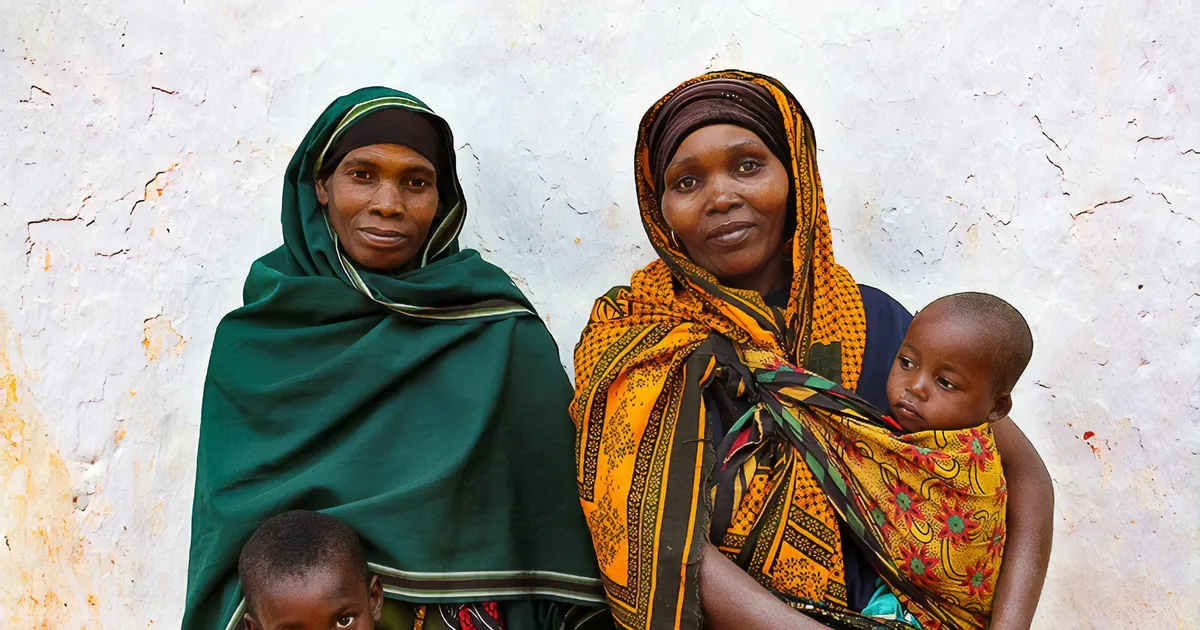 CDC/Unsplash
CDC/UnsplashPreference categories include:
F1
F2A
F2B
F3
F4
Skilled Employees and Workers
These green cards are awarded to those individuals who can show that they have job skills needed in the United States.
- Priority is given to “persons of extraordinary ability” in areas like education, business, the arts, athletics, etc.
- Next comes professionals with exceptional abilities or who possess advanced degrees.
- The third category is for skilled or unskilled workers and professionals.
- The fourth employment preference belongs to religious workers, special immigrants and other categories of workers.
- The fifth and final preference category are investors who are willing to spend at least $1 million helping an American business or $500,000 if that business is in an economically depressed area. The business in question must employ at least 10 people.
Green Card (Diversity) Lottery
Every year, the American government awards a specific number of green cards to countries that have seen limited immigration in recent years (fewer than 50,000 individuals in the past five years) to the United States. The citizens of some nations are not eligible to apply for the green card lottery.
The U.S. Department of State provides a list of eligible and ineligible countries as well as application forms for those from approved countries who wish to apply. It is extremely important to be aware of scams concerning applying for the Diversity Lottery.
Special Immigrants
Green cards are sometimes awarded to individuals in special categories such as Afghanis or Iraqis who have worked for the U.S. government or military for at least a year in some capacity, juveniles under the care of an American court, international broadcasters or a retired member of an international organization such as NATO.
Asylum Seekers and Refugees
These are individuals who experienced persecution in their native countries or who fear that they will. Individuals both outside the country and inside the United States can apply for asylum or refugee status. The persecution needs to be based on religion, race, political opinion, nationality or membership in a particular group. You’re not eligible for this category if you are seeking a better life based on your economic status or because you fear random violence.
Individuals who have been granted refugee or asylum status in the United States can apply for a green card after they have been in the country for a year.
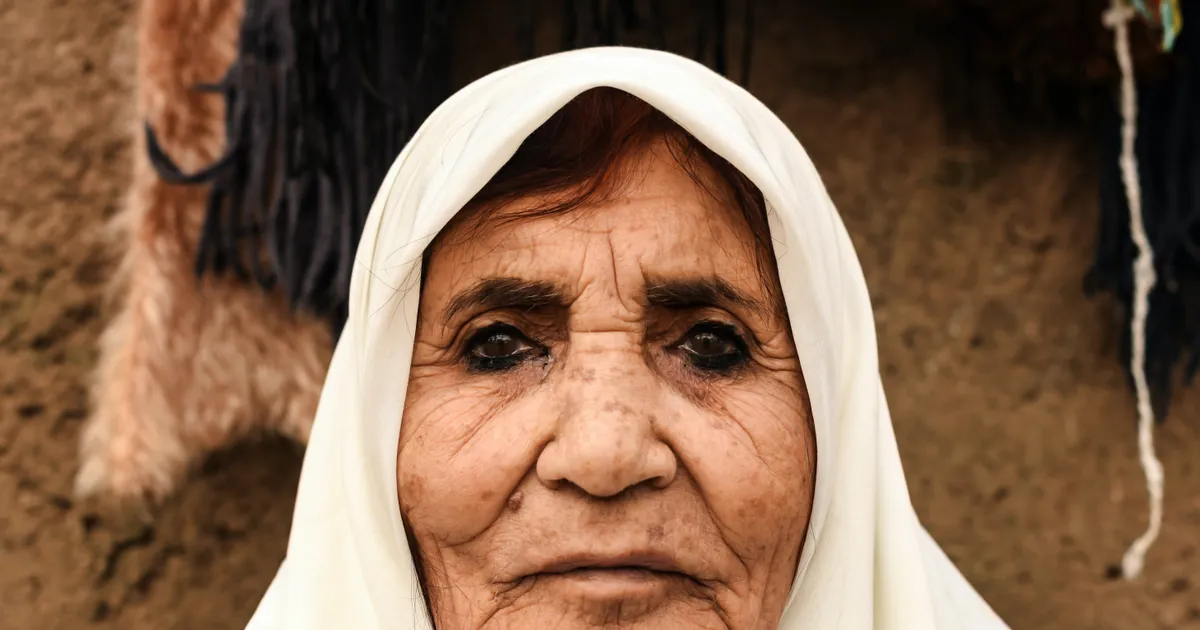 Javad Esmaeili/Unsplash
Javad Esmaeili/UnsplashResidents Who Have Lived Illegally in the United States for a Long Time
Occasionally, American law will allow certain people who’ve unlawfully lived in the United States longer than 10 years to apply for a green card as a defense against removal from the United States in an immigration court. These individuals must show that their removal from the country will present extreme and unusual hardship for their parents, spouses or children who are United States citizens.
Special Circumstances
From time to time, members of the U.S. Congress will help an individual (or individuals) obtain a green card based on humanitarian reasons.
How Do I Apply If I’m Eligible?
You need to complete a form I-487 which allows you to apply for permanent residence (a green card) in the United States.
How Long Will It Take?
Obtaining a green card is not an easy process. In 2019, the United States government awarded 577,000 green cards which is a relatively small number considering how many people have applied for one. For instance, even when the government granted over half a million individuals green cards, this only reduced the number of applicants for green cards by 14%.
It is impossible to project the amount of time it will take to obtain a green card. There are many factors that come into play such as an individual’s country of origin, how many other people from that country have already applied for a green card and into which category the individual fits. Sometimes, the green card comes within months, and sometimes, it takes years.
